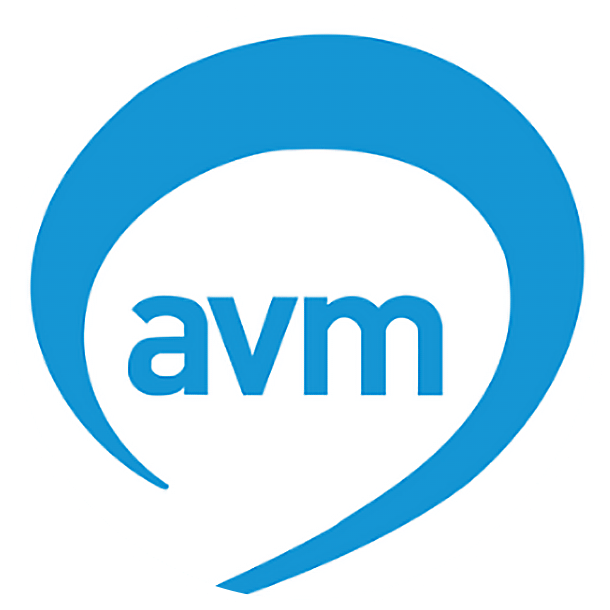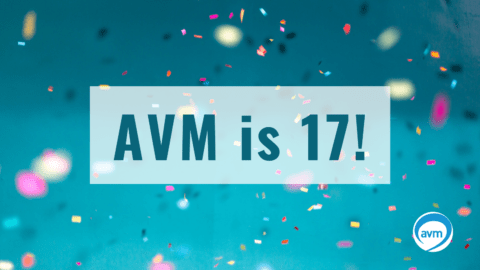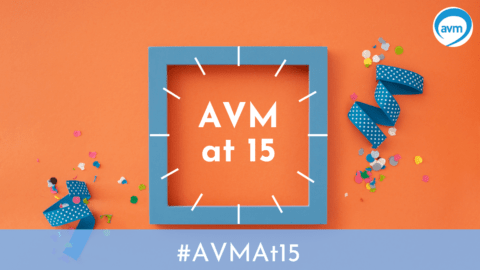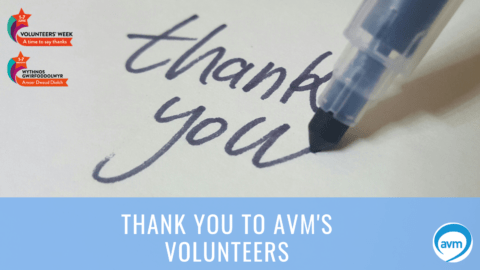By Ruth Leonard, AVM Chair As AVM celebrates its 18th year, I took the opportunity…
News and opinion
This Volunteers’ Week, we wanted to take a moment to introduce the incredible volunteer teams…
We are thrilled to share an exciting opportunity to facilitate a workshop at the AVM…
AVM is an independent membership body that supports, represents, and champions people in volunteer management…
We are pleased to announce that all AVM Members can now get 15% off We…
The 5 June 2024 marks the 17th Anniversary since the Association of Volunteer Managers was…
Further to Disclosure Scotland’s plans to remove the Protection of Vulnerable Groups (PVG) membership fee…
After much careful consideration AVM has decided not to continue managing the Voluntary Voice forum.…
Back in July, we surveyed all of our members because we wanted to understand how…
Our Head of Business Development is a key role in fulfilling our vision and strategic…
by Ruth Leonard We celebrated our 15th birthday on ‘Thank You Day’, 5th June 2022,…
It’s Volunteers’ Week – a time to say thanks for the contribution millions of people…








